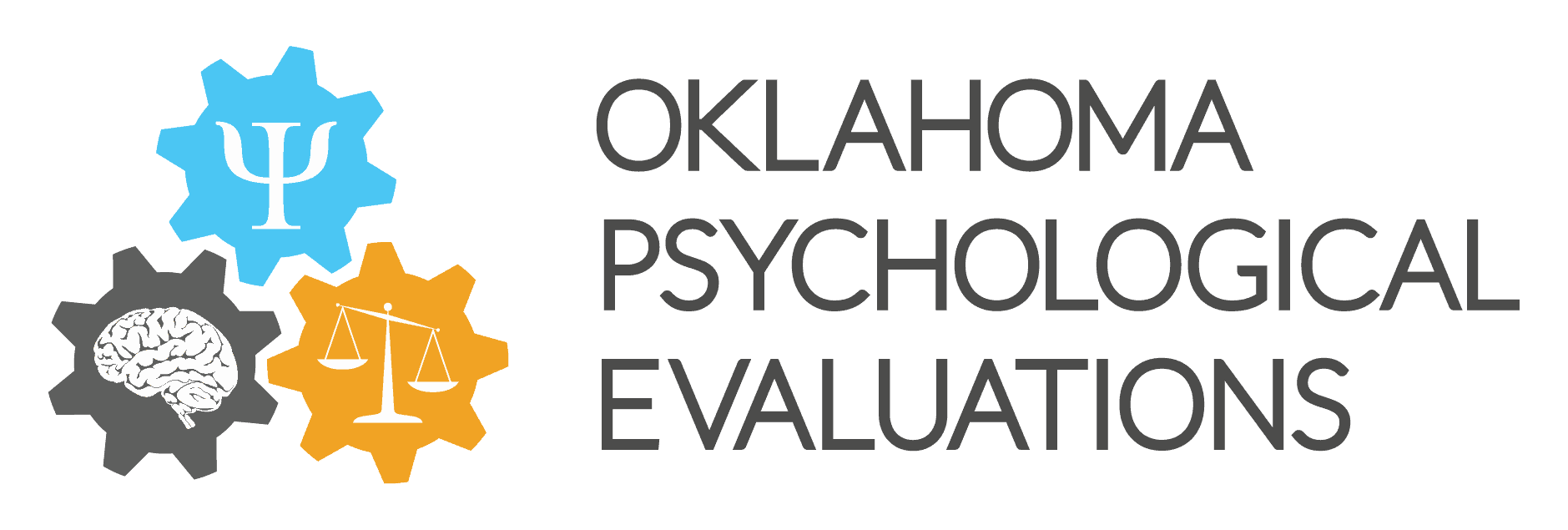
08 Jun Non-Medication Ways to Treat Biological Issues in Mental Health
The treatment of depression, anxiety, and other mental health concerns, typically involves a multilevel plan of intervention. We typically address social, psychological, spiritual, and biological areas. The area of biological intervention is the focus of this particular article.
Typically when we think about biological intervention, the assumption is that we are discussing medication.
Yes, medication is a biological intervention, and in some situations, is an important part of the treatment plan. However, psychotropic medications are not the only biological treatments available. How we eat, our activity level, and even how much we get outside and get enough light exposure can affect our moods.
A healthy diet, can be a very helpful tool in impacting mental health concerns.
We all know the circumstances where we’ve had a heavy meal or have indulged in poor choices of food, and as a result we don’t feel well for the short team. For the long term, healthy nutrition also plays a part in how our brain works. Having appropriate balances of macro nutrients, and micro nutrients is very important.
One particular area that has shown some promise in improving mental health concerns is omega-3 fatty acids. There is a lot of research that suggests that these particular nutrients may have a mental health benefit. An increase in omega-3 rich foods may be helpful. Omega-3 fatty acid supplements, such as fish oil capsules, might also be of benefit. However, do not begin any kind of significant dietary supplementation, without consulting your physician.
It has been well known for some time that exercise is beneficial for your mental health.
Some well established research, has even suggested that exercise can be as beneficial as medication for the treatment of depression. We are not talking about training for a marathon, or becoming an Olympian. Going for a brisk walk several times a week is enough to create significant benefit for most individuals. Even increasing activity level by choosing to take the stairs as opposed to an elevator or walking more by parking further out in a parking lot, may be helpful. Again, exercise routines should not be implemented without consulting with your physician.
Seasonal Affective Disorder, is a depression related diagnoses that is heavily influenced by the amount of light exposure a person receives. It is typically treated with exposure to bright light. This is a powerful and effective therapy for those who live in low light environments, such as wintertime in more northern areas. Recent research has suggested that the same light therapy may be useful for depression in general. So making sure that someone gets outside and receives an hour, or more, of exposure to bright light is a good idea.
Most of the time it is suggested that this light exposure take place earlier in the morning.
If someone cannot get outside, there are therapeutic light devices that facilitates getting enough light exposure to improve mood. The latest research has suggested that blue spectrum light is the source of the greatest benefit for this kind of treatment. In order to acquire one of these therapeutic blue spectrum lights, there may be a need to receive a prescription from your physician. Any decision to pursue such a line of treatment should be made in consultation with your physician.
I am not saying that these treatments by themselves will be a complete cure for depression or other concerns. However, in the context of a multi modal treatment plan, that includes therapy, possible medical intervention, and accessing social and spiritual resources, these interventions can be quite useful.


No Comments